
Bovine Artificial Insemination Training Course
Course Info
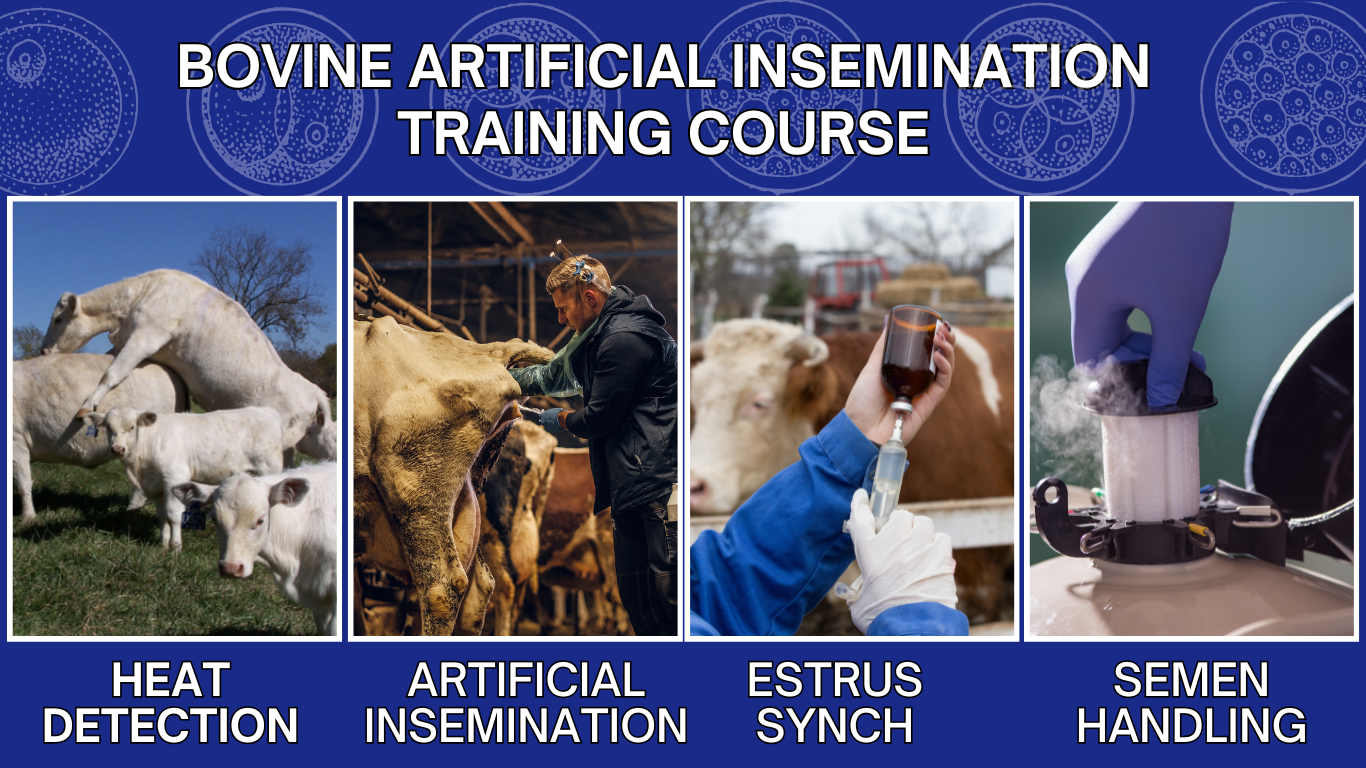
1.5 Days | 12 Contact Hours | Hands-On, Live-Animal Training
Our 1.5-day (12 contact hour) Comprehensive Bovine Artificial Insemination (AI) Training Course is a hands-on, skills-focused program designed for beef and dairy producers, students, and veterinarians who want to confidently implement artificial insemination in their own herds or practices. This course emphasizes practical technique and real-world application, blending focused classroom instruction with extensive live-animal training using commercial-standard equipment and protocols.
Students gain hands-on experience in reproductive anatomy, palpation, semen handling and thawing, estrus detection, synchronization protocols, and AI gun placement through the cervix. Emphasis is placed on repetition, accuracy, and building confidence—ensuring participants leave with a strong technical foundation that directly translates to improved conception rates, tighter calving seasons, and more uniform calf crops. This course also serves as an excellent stand-alone skill set or as preparation for our advanced reproductive courses.
Certificates of Completion are given to students who complete the course and demonstrate an understanding of the theory & practical techniques of Bovine Artificial Insemination (AI).
What You Will Learn:- Nutrition
- Herd management
- Semen handling
- Estrous synchronization protocols
- Palpating the cervix
- Negotiating the AI gun through the cervix
- Optimizing herd genetics with AI
- Tighten calving season
- Produce more uniform calf crop
Class Size:
Limited to 8 students maximum, 5 minimum
Class size is intentionally limited to ensure personalized instruction, maximum hands-on time, and direct instructor feedback.
Instructor
Key Benefits of Artificial Insemination
- The primary advantage of artificial insemination is the maximum use of outstanding bulls. Thus, enhancing the genetic value of the herd.
- Providing access to high quality bulls at modest prices.
- Prevention of transmission of diseases.
- Reduces the risk of introducing harmful recessive traits.
- Improved general herd management.
- Shortening the calving season.
- Improved merchandising through the use of well publicized bulls with known reputations.
- Enhanced genetic value of your herd
- Control venereal diseases
- Improved breeding records
- Improved safety due to no bulls
- Learn estrus synchronization programs
- Essential for embryo transfer programs
- Sex control by using sexed semen
Course Syllabus
Day 1:- Classroom portion consists of lecture on Artificial Insemination.
- The lab portion in the classroom consists of students practicing on cow reproductive tracts and the schools cow model.
- Students will be out at the chutes practicing on live cows learning palpation, passing of the cervix, etc.
Note: All students will be at different levels of experience, there are two chutes for everyone to be able to work on whatever they would like, along with reproductive tracts and models in the classroom. While we have a schedule, the school is focused on giving every student the individual practice they require.
Course Hours
The Artificial Insemination Training Course is a 1.5 day course.
On Day 1 class starts at 1:30 P.M. and ends at 6:30 P.M.
On Day 2 class starts at 8:00 A.M. and ends at 6:00 P.M.
Prerequisites
There are no academic prerequisites for this course. All one needs is the enthusiasm to learn a new technology. Note: we also offer a combined AI & ET training course.
School Location
Our facilities are located in Senatobia Mississippi, just 45 minutes drive from Memphis International Airport. Students flying in to attend our school will need to fly into Memphis International Airport.
View Larger Map
Transportation & Lodging Info
Transportation & Lodging are not included in the cost of the course. If you are flying you will need to fly into Memphis International Airport and rent a vehicle. The training facility is located 35 minutes from the airport. Most students choose to stay in Senatobia or Hernando. However, you may also wish to stay at one of the casinos in Tunica, MS. The closest casinos are the Gold Strike and Horseshoe Casinos, they are located approximately 35 minutes from the school facilities.
Hotels in Senatobia, MS (10 min from training facility)
- Holiday Inn Express (mention you are attending the school for a discounted rate of $129 per night)
Phone:662-612-2550 - Spahn House – (around $125 per night)
Phone:662-288-6851 - Private Lodging – Located across the street from the training facility (around $85 per night)
Phone:662-501-4438 (ask for Terri)
Hotels in Hernando, MS (20 min from training facility)
- Super 8 – (around $85 per night)
Phone:662-429-5334
Hotels in Tunica, MS (35 min from training facility)
- Gold Strike Casino – (startng at $55 per night during the week)
Phone:888-245-7829 - Horseshoe Casino – (startng at $55 per night during the week)
Phone:800-303-7463
Course Schedule
Call us to check availability at: 662-562-0304Tuition
Tuition for the Bovine Artificial Insemination Training Course is: $700 US Dollars.
We accept the following forms of payment:

Registration
To register for this course You will need to call us at: 662-562-0304.
Testimonials
"I took the combined AI and Embryo Transfer class, coming into the class I only had a very basic knowledge of the subject but they taught the classroom material very well and really made sure that you understood the subject/procedures/protocols. When working with the cattle for the hands on training I was having a very difficult time locating the cervix & passing the ai gun, never once did the instructor get upset or frustrated with me. He saw my struggles and made sure that I had all the time I needed and was not rushed. He supported & coached me until I was consistently able to locate & pass the cervix. Before leaving they made sure we knew and had a list of supplies and where to order them which was so helpful. I can't say enough about how good this class was taught and this school is ran! The experience I had at International Embryo technology School was truly a life changing experience through the knowledge learned and relationships made.”
Zachery Thomas

“The combined ET and AI course was a very valuable course, the instructor provided excellent instruction and his willingness to help and answer questions beyond the class is greatly appreciated. The small class size allowed for him to assist everyone, and provide advice to help with each individuals success moving forward. There was a perfect balance of time spent in the classroom, with laboratory work and getting inside of cows.”
Megan Bergsveinson
Alberta, Canada
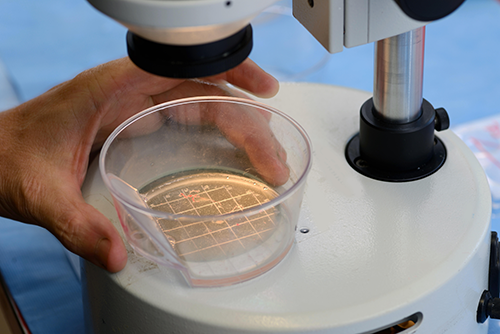
“Implementing embryo transfer into our cattle operation has been an enormous success. We hold the International Embryo Technology School with our highest regard as they are largely responsible for our accomplishments.”
Bob Stevenson
Stevenson Angus Ranch
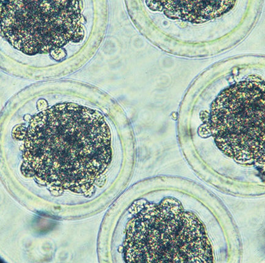
"I found the embryo transfer course to be exactly what I needed and more than I expected. Through veterinary school, I did not get enough actual hands-on learning with advanced reproduction procedures. Being taught in a small class setting was an ideal learning environment, I gained the tactical skills and knowledge needed to successfully and confidently flush cattle for myself and future clients. I would recommend the class to anyone ready to take their veterinary practice or cattle program to the next level. It was well worth my money and my time."
Stanley Soehnlen DVM
Soehnlen Cattle Company
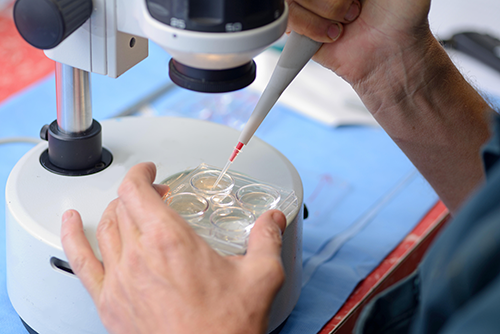
"I just wanted to say I think the tuition for your class was the best money I've ever spent for continuing education. I really appreciated the way things were presented. You left no grey areas about which methods and techniques were best."
Bruce l. Chambers DVM
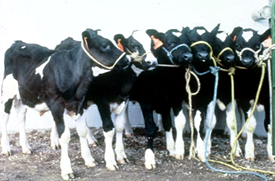
"The embryo transfer class I took was very informative and hands on. There was a good balance of classroom and cattle handling. I learned a lot! I honestly feel I can work my whole herd by myself after this class."
Charles Godsy
Godsy Farms
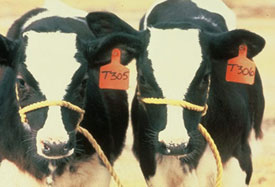
“Had a great experience, a lot of hands-on training in the lab, and with cattle as well. The staff are great people would recommend to anyone who wants to learn E.T.”
Stephanie Vasquez
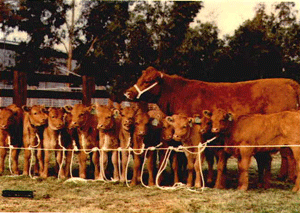
"I just wanted to tell you thank you for offering such a great class, this has been a wonderful opportunity for me. Yesterday I saw my first embryo calf born and another is on the way."
Cheri Kraus

|
|
|